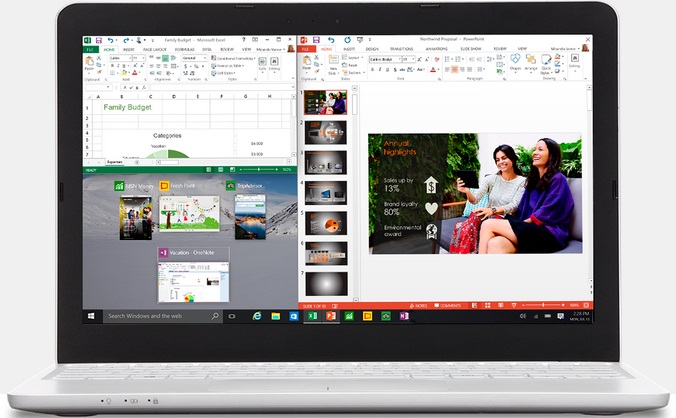Windows 10 release news: features include facial scanner app, Windows Hello

Tech fans and observers in the computing world have been eagerly waiting for the new Microsoft platform to roll out, and with the countdown slowly winding down to the July 29 release, many have already made their pre-orders and reservation upgrades for the new Windows 10.
Windows 10 is expected to bring with it some new specs and features in terms of software performance. Although the new platform focuses heavily on performance enhancements and tweaks in user interface, the upcoming Windows version also has a number of both updated and new apps for its multitude of users.
One of the most notable changes in Windows 10 is a more robust user security. Aside from the multitude of passwords and catchphrases, and additional security questions that have been implemented in previous platform versions, the new Windows 10 will now heavily utilize biometrics security.
Some manufacturers have already integrated biometric signature hardware onto their devices, such as a fingerprint scanner. Indeed, the fingerprint sensor has caught the fancy of some users that even mobile device manufacturers have already integrated the feature onto their lineups. However, Windows 10 hopes to make users feel safer via its new feature, Windows Hello.
Windows Hello is the new platform's signature biometric feature that uses facial recognition software to capture a user's facial features and use them for security. With the Windows Hello option turned on, the device will be able to tell if the owner or a guest is using the PC, and will load the appropriate profiles.
However, Windows has said that not all PCs or devices with a camera installed will be able to fully use the Windows Hello feature. According to Microsoft, only those with Intel's RealSense 3D camera will be able to turn Windows Hello security on.
As of this time, only a handful of new devices come with Intel's newest camera, such as the new Asus lineups and the Lenovo ThinkPad E550 and Yoga 15. Meanwhile, those who wish to fully capitalize on Windows Hello and secure their older devices can get a stand-alone Intel RealSense 3D camera instead.











